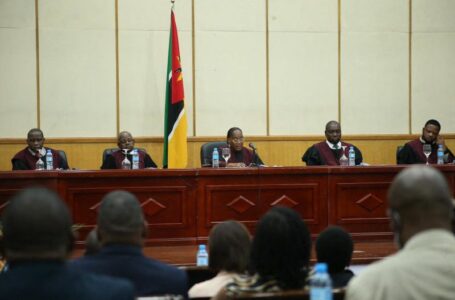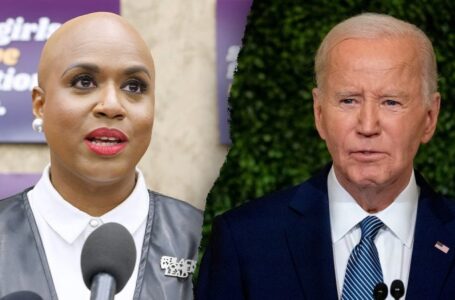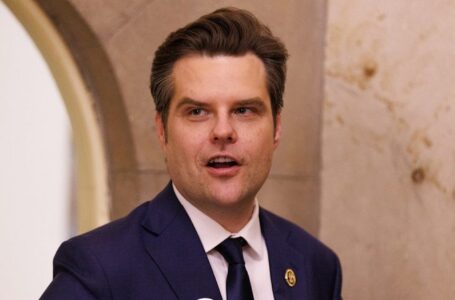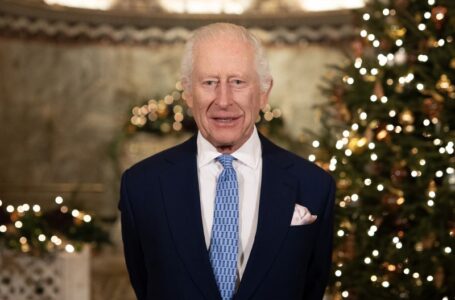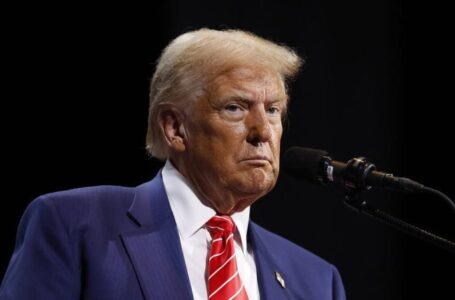Mozambique’s top court confirms ruling party win in disputed election
Meet the lawyers arguing Trump’s Supreme Court Colorado ballot case
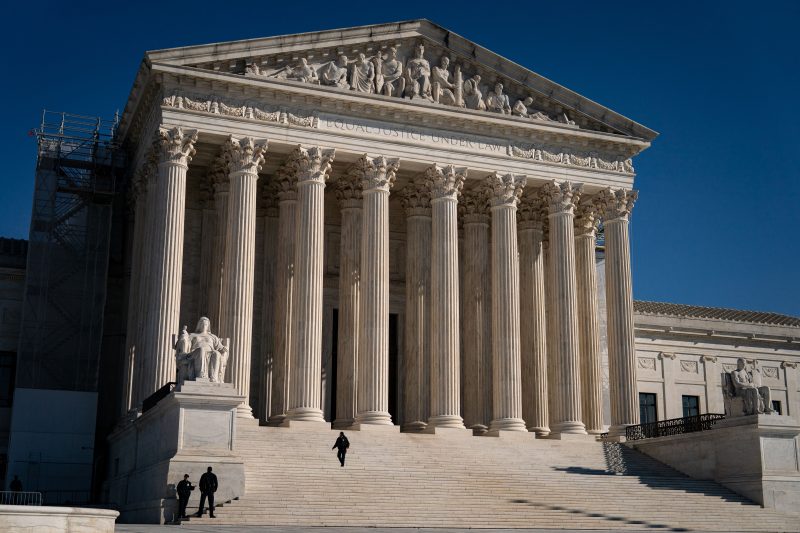

One is a familiar face at the Supreme Court and a former Texas solicitor general. The other is appearing before the high court for the first time. Both have experience as law clerks to Supreme Court justices.
Jonathan Mitchell, the Texas lawyer, is representing Donald Trump on Thursday as he asks the justices to toss a ruling from Colorado’s high court disqualifying the former president from returning to the White House because of his actions before and during the Jan. 6, 2021, attack on the U.S. Capitol.
Jason Murray, the lead attorney for the Colorado voters behind the lawsuit, is deeply familiar with the historical record in the case after handling part of the argument before the Colorado Supreme Court.
Murray’s Denver-based law firm, a small national public-interest firm with a bench of experienced former Supreme Court law clerks, opened just six months ago. The firm filed the lawsuit on behalf of the Colorado voters the next day.
Before joining the firm, Murray spent 11 years as a trial lawyer. He was a law clerk for Justice Elena Kagan, a liberal, at the U.S. Supreme Court and for Justice Neil M. Gorsuch, a conservative, during his tenure on the U.S. Court of Appeals for the 10th Circuit.
In 2017, Murray wrote an opinion piece in support of Trump’s nomination of Gorsuch. He emphasized the similarities between his two former bosses despite their different politics.
“Both Gorsuch and Kagan consistently emphasized to us law clerks that, if we weren’t telling them when we thought their instincts on a case were wrong, we weren’t doing our jobs,” wrote Murray, a Harvard Law School graduate. “For both, the goal was to reach the correct legal result, rather than advance any political party’s agenda.”
He has had plenty of experienced help preparing to argue before his former bosses and their colleagues. One of Murray’s partners, Eric Olson, was the Colorado solicitor general who defended the state’s anti-discrimination law before the Supreme Court last term. The conservative majority ruled against him in June, siding with a Christian graphic artist who did not want to create wedding websites for same-sex couples.
Trump’s lawyer on Thursday will be Mitchell, who was a law clerk to Justice Antonin Scalia, the late Supreme Court conservative. Mitchell will be standing at the lectern before the mahogany bench for the sixth time and is scheduled to make his seventh trip later this month for a Second Amendment case, challenging a federal ban on bump stocks.
He is perhaps best known as one of the architects of a novel Texas law that empowers private citizens, rather than state officials, to enforce abortion restrictions, by suing individuals who help women obtain abortions after about six weeks into pregnancy. The law was specifically designed to evade pre-enforcement challenges in federal court.
Mitchell, a graduate of the University of Chicago Law School and member of the conservative Federalist Society, was a visiting professor at Stanford Law School when he suggested strategies in a law review article for crafting legislation that could withstand court challenges.
The legislature can “induce compliance with its statutes by providing for private enforcement through civil lawsuits,” Mitchell wrote. “These mechanisms are especially powerful because they enable private litigants to enforce a statute even after a federal district court has enjoined the executive from enforcing it.”
The controversial law banned almost all abortions starting at about six weeks of pregnancy. The Supreme Court allowed it to take effect months before the justices overturned Roe v. Wade, drawing a dissent at the time from the court’s three liberal justices and Chief Justice John G. Roberts Jr., who described the statute’s enforcement plan as “not only unusual, but unprecedented.”
A third lawyer, Colorado Solicitor General Shannon Stevenson, will split time with Murray, representing the office of Colorado Secretary of State Jena Griswold (D). Despite objections from lawyers representing the Colorado voters, who said participation from Griswold’s office would be repetitious and unnecessary, the Supreme Court expanded the overall time for argument and granted the state 10 of the 40 minutes allocated for those challenging Trump’s eligibility (oral arguments often go longer than scheduled).
Stevenson, the state’s chief appellate lawyer, will be arguing for the first time at the Supreme Court. She is a graduate of Duke University’s law school and was a law clerk on the U.S. Court of Appeals for the 10th Circuit. Until becoming solicitor general last year, she worked in private practice in Colorado.
In asking the high court to include Griswold’s office in oral argument, Stevenson said Trump’s “assertion that federal courts may review state court determinations of state law — particularly concerning election statutes — directly implicates the Secretary’s ability to interpret and enforce Colorado’s election laws.”
“Given the implications this case has on Colorado’s presidential election process, as well as the constitutional protections Colorado’s citizens enjoy,” she wrote, “the Secretary provides an important perspective on Colorado’s election laws.”
Griswold, who oversees the state’s elections, has said that Trump engaged in insurrection and that Colorado’s top court got it right.

